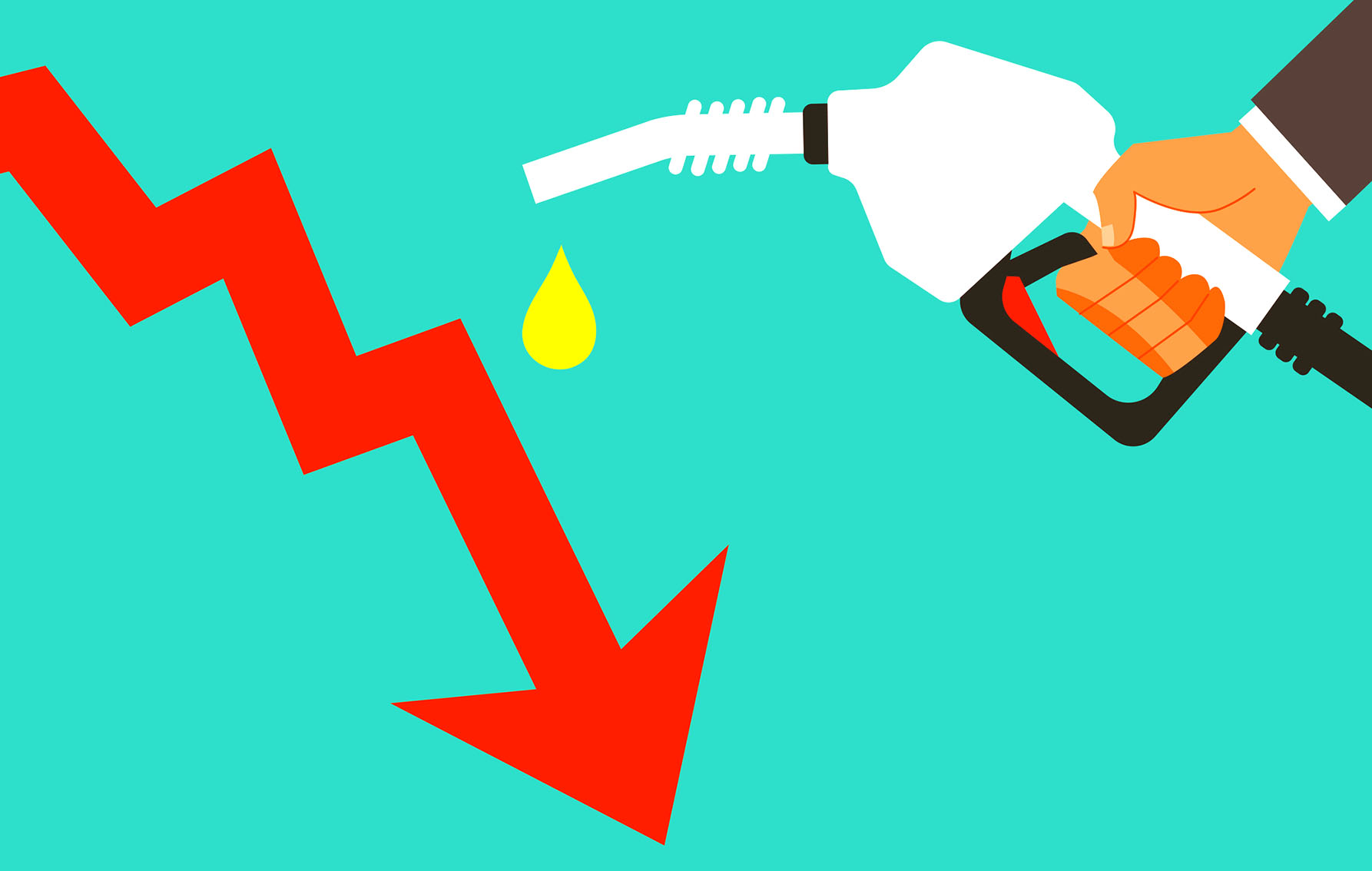Millions of motorists around SA are likely to breathe a sigh of relief this week as fuel prices drop yet again, but the overall effect on their pockets is unlikely to be significant.
“Petrol, diesel and illuminating paraffin will cost less in September than at any other time this year,” the AA noted recently.
This comes after drivers took some pain with a cumulative R3 a litre increase from January to May.
Koketso Mano, a senior economist at FNB, said softer oil prices alongside a stronger rand had contributed to the expected fuel price drop.
The AA has long called for a fuel price review to mitigate against rising fuel costs.
A Discovery Spend Trend report released in April this year showed that groceries, retail, travel and fuel remain South Africa’s biggest spend categories, making up nearly two-thirds of total spending.
Annabel Bishop, the chief economist at Investec, noted that there was a 66 cents a litre petrol price cut priced in for the start of September, after three cuts in June totalling R2.38 a litre, while the diesel price had seen five cuts totalling R2.11 a litre.
“However, for the year to date, there has been little overall change in the fuel price, of only 14 cents a litre in total, which is one of the reasons why the CPI inflation rate has been slow to descend so far this year,” she said.
What’s driving the fuel price changes?
FNB’s Mano said: “Concerns that the US economy is slowing faster than expected and a weak recovery in China, worsened by a gradual shift from petroleum-fuelled transport, suggest that demand growth could be weaker than anticipated.
“The balance in the market remains tight and vulnerable to economic data, supply shifts and risk sentiment. Therefore, developments around geopolitical tensions, supply decisions, inventories and interest rates may add some volatility to prices.”
Mano said interest rate decisions in advanced economies, like the US and Japan, would also have a bearing on risk assets such as the rand. “So far, the dollar-rand exchange rate has moved closer to our estimate of fair value (R17.50),” she added.
The welcome result has been an improvement in fuel inflation over the past two months. Fuel prices recorded month-on-month deflation in June and July, falling from 9.3% in May to 4.5% in July year-on-year. Mano said this had put some money back into consumers’ pockets compared with average May 2024 pump costs, and price pressures were less intense than a year ago.
“Assuming a fuel price reduction of R0.60 per litre, if a motorist drives a vehicle with a 55-litre tank and puts in 50 litres of fuel every time they fill up, this is a saving of R30. Multiply this over two tanks of fuel a month, and that could be a saving of R60 per month — money that could be put towards paying off expensive debt or saving for an emergency,” she pointed out.
Mano said she anticipated that the dollar-rand exchange rate would continue to improve going into the middle of 2025, maybe even falling below the R17.50 fair value estimate in some months.
“Alongside slower oil prices, this should support petrol prices falling below R20 per litre (diesel around R17 per litre) going into 2025. Lower fuel inflation will also translate into slower transport inflation and should support softer inflation for other goods and services, food included,” she said.
Many analysts had lowered headline consumer inflation forecasts, she said. She believed inflation could fall below the 4.5% midpoint between the third quarter of this year and the second quarter of 2025.
Fuel economy tips
Ester Ochse, the product head at FNB Integrated Advice, shared the following fuel economy tips:
- Ensure your tyres are properly inflated. This improves fuel economy and reduces wear on the tyres.
- Make sure that your car is regularly and properly serviced and working optimally. Again, this will help you save, in the long run, on expensive repairs and will save fuel.
- Don’t accelerate like a racing driver. A slow and easy acceleration saves fuel and reduces long-term wear on the engine.
- Try to carpool with colleagues who live in your area. DM





